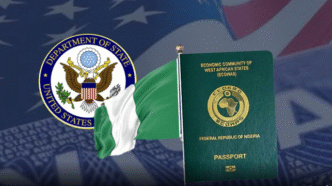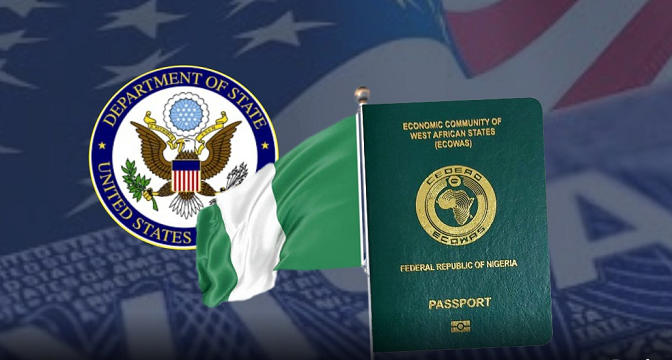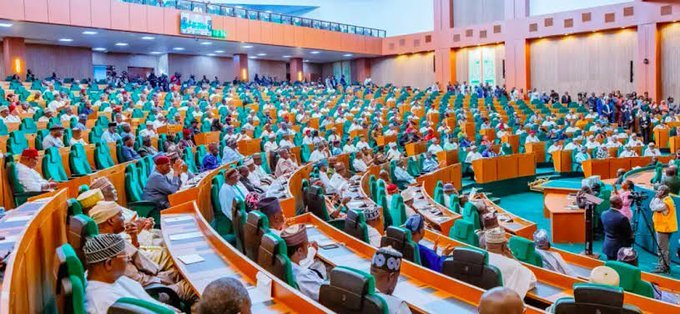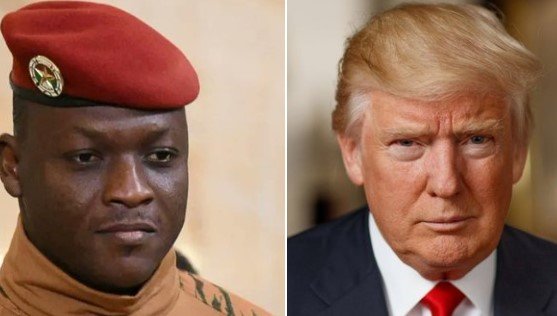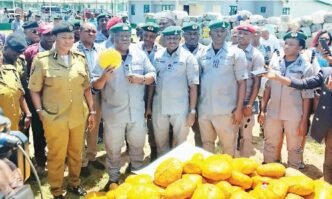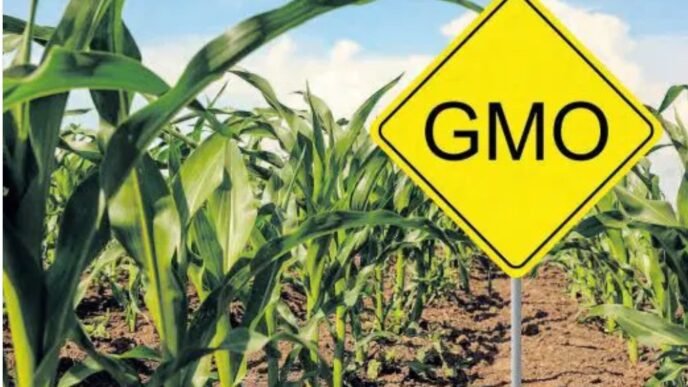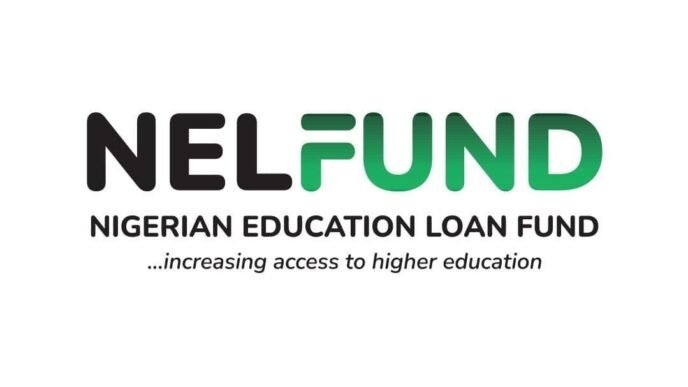Applying for a United States visa can be a daunting process, especially for first-time applicants. From understanding the visa categories to completing the required forms, scheduling an interview, and preparing the right documents, every stage requires careful attention to detail. In this comprehensive guide, we break down all you need to know before applying for a U.S. visa — whether you are traveling for tourism, education, business, work, or immigration.
Understanding the U.S. Visa System
A visa is an official document issued by the U.S. government that allows a foreign citizen to travel to a U.S. port of entry and request permission to enter the country. It does not guarantee entry; the final decision is made by U.S. Customs and Border Protection (CBP) officers upon arrival.
The United States issues two broad categories of visas:
- Nonimmigrant Visas – For temporary visits such as tourism, business, study, medical treatment, or short-term work.
- Immigrant Visas – For those seeking to live permanently in the U.S., typically through family sponsorship, employment, or other special programs.
Each visa category has specific requirements, application steps, and documentation standards.
Common Types of Nonimmigrant Visas
1. B-1/B-2 Visitor Visas
- B-1: Business visitors (meetings, conferences, negotiations).
- B-2: Tourists, medical visitors, or individuals visiting family and friends.
Duration: Usually valid for up to six months per entry, with the possibility of extension.
2. F-1 Student Visa
Issued to international students admitted to U.S. colleges, universities, or language programs. Applicants must demonstrate financial capability, academic admission, and strong ties to their home country.
3. J-1 Exchange Visitor Visa
Covers individuals participating in approved exchange programs — such as researchers, interns, au pairs, or scholars — sponsored by accredited U.S. institutions.
4. H-1B Work Visa
For skilled professionals employed in specialty occupations, typically requiring at least a bachelor’s degree. This visa is employer-sponsored and subject to an annual quota.
5. L-1 Intracompany Transfer Visa
For employees of multinational companies transferring to U.S. branches in executive or managerial positions.
6. O-1 Visa
Granted to individuals with extraordinary abilities in science, arts, education, business, or athletics.
7. K-1 Fiancé(e) Visa
For foreign nationals engaged to a U.S. citizen, allowing entry for the purpose of marriage within 90 days of arrival.
Key Requirements Before Applying
Before submitting your application, you must meet specific requirements:
1. Valid Passport
Your passport must be valid for at least six months beyond your intended stay in the U.S. (unless exempt by country-specific agreements).
2. Visa Application Form (DS-160 or DS-260)
- DS-160: For nonimmigrant visas.
- DS-260: For immigrant visas.
These forms are completed online, and applicants must print the confirmation page with the barcode for their interview.
3. Passport Photograph
A recent color photo, meeting U.S. visa standards:
- 2×2 inches in size
- White background
- Full face visible, no glasses, and neutral expression
4. Application Fee
Visa fees vary by type:
- B1/B2, F1, J1: $185
- H, L, O, P, Q, R visas: $205
- K visa: $265
- Immigrant visas: Between $325 and $345, depending on category
Payment is usually made through designated banks or electronic channels before scheduling an interview.
5. Supporting Documents
Supporting evidence strengthens your application and varies by category. Common documents include:
- Bank statements or proof of financial stability
- Employment letters or business registration documents
- School admission letters (for students)
- Invitation letters (for business or family visits)
- Property documents or family ties (to prove intent to return home)
The Visa Application Process
Step 1: Determine the Type of Visa
Identify the correct category based on your purpose of travel. Choosing the wrong category can lead to denial or delays.
Step 2: Complete the Online Form
Fill the DS-160 (nonimmigrant) or DS-260 (immigrant) form accurately. Avoid false information — inaccuracies can result in visa refusal or permanent ineligibility.
Step 3: Pay the Visa Fee
After completing the online form, pay the required fee using the official payment method. Keep your payment receipt, as it is needed to schedule your appointment.
Step 4: Schedule Your Appointment
Applicants must schedule two appointments:
- Biometrics appointment at a Visa Application Center (VAC) for fingerprinting and photo capture.
- Consular interview at the U.S. Embassy or Consulate.
Step 5: Prepare for the Interview
Bring all required documents, including:
- DS-160 or DS-260 confirmation page
- Appointment confirmation
- Valid passport
- Receipt of visa fee payment
- Supporting evidence related to your purpose of travel
Dress neatly, arrive early, and answer questions truthfully and confidently.
Step 6: Attend the Interview
During the interview, a consular officer will assess your eligibility. Typical questions may include:
- Purpose of your trip
- Duration of stay
- Employment or educational background
- Family or property ties in your home country
If approved, your passport is retained for visa stamping and returned within days. If refused, you will be informed of the reason, often under Section 214(b) (failure to prove nonimmigrant intent).
Tips for a Successful Visa Application
- Be honest: Misrepresentation can lead to permanent ineligibility.
- Show ties to your home country: Demonstrate reasons to return — such as employment, family, or property.
- Provide clear financial evidence: Bank statements, scholarships, or sponsor letters should prove you can sustain yourself in the U.S.
- Prepare for your interview: Confidence, consistency, and clarity go a long way.
- Avoid over-documentation: Submit relevant evidence only; excessive paperwork can raise suspicion.
- Apply early: Appointments fill up quickly, especially during peak travel seasons.
Understanding Visa Denials
Visa refusals are not uncommon. The main reasons include:
- Failure to establish strong ties to the home country.
- Insufficient funds to cover travel or living expenses.
- Inconsistent or false information in the application.
- Ineligibility due to prior immigration violations or criminal records.
If denied under Section 214(b), you may reapply after addressing the issue — such as presenting stronger evidence or changing circumstances.
After Visa Approval
If your visa is approved, you will receive a stamped passport containing your visa sticker. Verify the following details before traveling:
- Name and date of birth
- Visa category (B1/B2, F1, etc.)
- Validity dates and number of entries
Upon arrival in the United States, immigration officers at the port of entry will conduct an inspection. They may ask for:
- Your visa and passport
- Return ticket or travel itinerary
- Financial proof or purpose of visit
Even with a valid visa, entry is not guaranteed — the final authority rests with U.S. Customs and Border Protection.
Visa Validity and Duration of Stay
Visa validity determines how long you can use the visa to enter the U.S., while your authorized stay is determined by the date stamped on your Form I-94 upon entry.
For example, a 2-year B1/B2 visa allows multiple entries, but each visit typically lasts up to 6 months. Overstaying can result in visa cancellation or future ineligibility.
Renewing or Extending a Visa
If your visa has expired and you wish to reapply, many categories allow interview waivers for renewal within a specified time.
Extensions of stay, however, must be filed with the U.S. Citizenship and Immigration Services (USCIS) before your authorized stay expires.
Special Notes for Nigerian Applicants (and Other High-Demand Countries)
- Visa appointment delays: Due to high demand, interview slots in Lagos and Abuja often book months in advance. Apply early and check for rescheduled openings.
- Dollar payment policy: Visa fees are paid in local currency equivalent to U.S. dollars at prevailing exchange rates.
- Interview waivers: Some applicants renewing within the same visa class may qualify for interview exemptions under U.S. Mission Nigeria’s expanded renewal program.
Final Thoughts
Applying for a U.S. visa requires patience, accuracy, and preparation. Whether you’re a student pursuing academic dreams, a professional seeking career opportunities, or a tourist exploring American landmarks, understanding the process increases your chances of success.
The key is to plan early, present truthful information, and maintain transparency at every stage. While the procedure can seem rigorous, millions of applicants worldwide successfully obtain U.S. visas each year — proving that with the right preparation and genuine intent, your American journey can begin smoothly.

